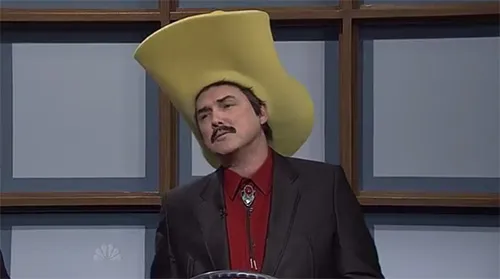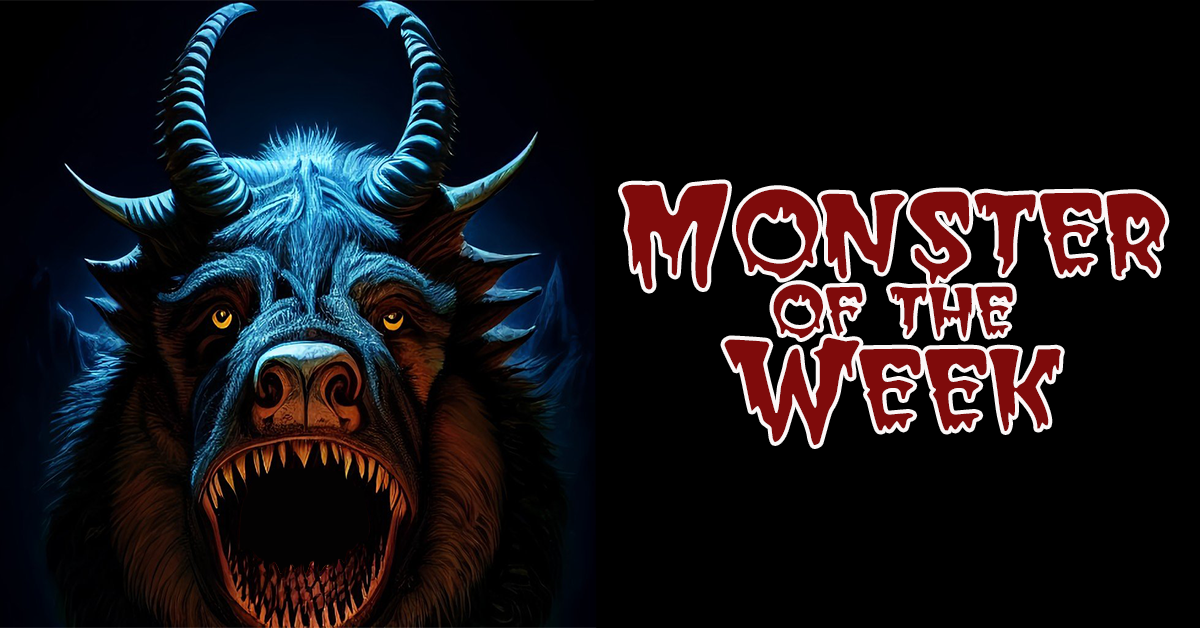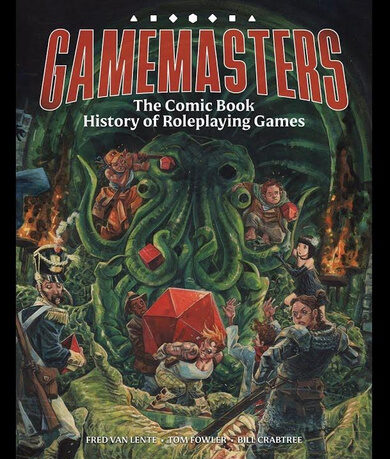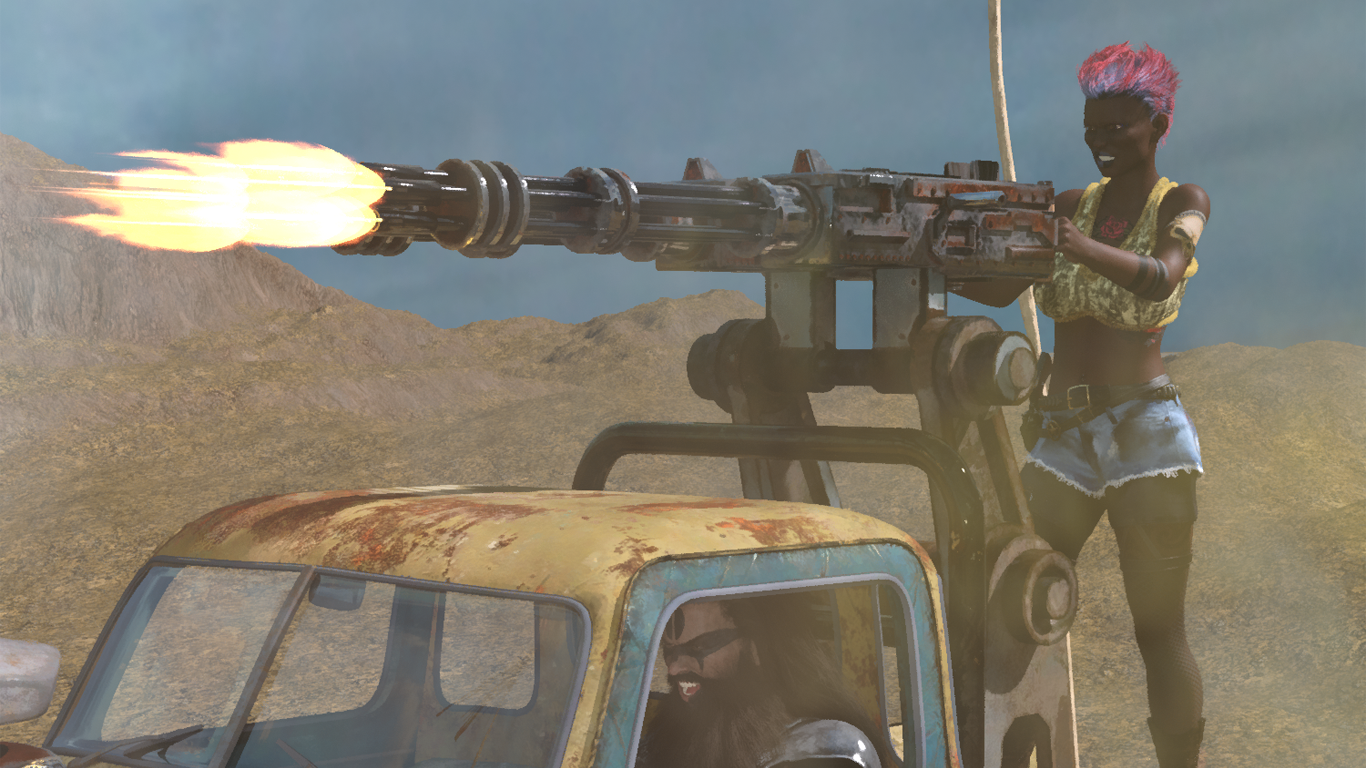We may earn money or products from the companies mentioned in this post.
I’ve spent the last week adjusting to the new job (and normal people hours), so I haven’t had any time to work on Cinemechanix this week (though hopefully I’ll get a few hours of work done after I finish this post), which means I don’t have any news to report or observations to share on that front. Every now and then, I’ll respond to a reddit post with a long answer that isn’t paraphrasing the Hex party line or one of our regular con panels. If it seems like it might be a good blog topic, I paste it into a file in my idea folder for when I don’t have any ideas. Since I didn’t have any ideas today, I dug through the folder and found something I wrote a few years ago about naming characters in your game. After a little expanding and cleaning up, I came up with this post.
When you’re coming up with character names, a good place to start is to look at characters from pop culture who are similar to the type of character you’re creating. You can even borrow part of the name of your favorite character, just don’t borrow all of it (Jake Magnum is a fine name for a detective; Thomas Magnum is already taken). Just don’t borrow a name that’s so strongly associated with a single character that the name will overshadow your character. No cops named McClane, zombie hunters named Ash, or mad scientist named Brown. Below are a few naming conventions I’ve noticed for modern-day settings.
Action Heroes
Action hero names radiate strength and often border on being porn names. First names are usually monosyllabic and often have one or more hard consonants: Jack, Bruce, Mike, Rex that kind of thing. Action hero women often get two syllables (Becky, Lucy), but sometimes one will do (Kate, Trish). Last names usually refer to something strong, tough, or action-oriented: Steel, Magnum, Force, etc. If you want a less over-the-top surname, Italian and Irish surnames are popular for some reason, especially for cop types. I’m not sure if that’s a historical thing or just ethnic stereotyping.
Boy Scouts
Your Dudley Do-Right types tend to follow action hero naming conventions, but sometimes they also include religious references. First names like Luke or Paul (or Sarah or Rachel, for Girl Scouts), last names like Pope or Cross. Non-religious surnames that suggest power or benevolence, like Knight or King, can also work.
Hot Shots/Daredevils
If Danger is your character’s middle name, is first name will probably be a name that most people associate with youth. The list changes slightly from generation to generation, but diminutives like Bobby and Jimmy (or Suzie and Jenny) are pretty evergreen. Last names should tend to be kinetic-sounding words like Blaze, Chase, or Speed. Nicknames are also popular, especially ones like “Flash” that sound like they were given to the character when he was a high school sports star.
Criminals and Scumbags
Small-time crooks usually have diminutive names, nicknames, or both: Fast Eddie, Lucky, Fingers, Paulie, that kind of thing. Female criminals has stripper names like Trixie and Jade. Last names need to sound appropriately suspicious or skeevy when combined with first name. Ethnic surnames–again especially Irish and Italian–are extremely common in fiction, but white trashy-sounding names like Bodine or Puckett can also work well. Shady-sounding surnames like Black or Hood can work for some settings, but for others they’re a little too on-the-nose.
Men (and Women) of Means
High-falutin’ types always have appropriately WASPy names. Personal names can be surnames (Walton or Pritchard), references to great men, especially when combined with a middle name (Alexander or Thomas Jefferson), or douchey-sounding nicknames like Trip or Chip. Fancy women are often named after mythical or legendary characters like Guinevere or Circe. Surnames are usually multi-syllabic and appropriately upper-crust. Names of powerful political figures, Gilded Age businessmen, and Mayflower families tend to work best. If you want to seal the deal, add a number to the end of the name.
Eccentrics
Eccentrics (mad scientists, conspiracy theorists, local crazies), not surprisingly, have weird names. First names are often the names of famous learned men and women like Aristotle or Athena or names that are at least 100 years out of date like Jebidiah or Gertrude. Last names are either unusual surnames or just random (often compound) words that are strange as surnames and/or are just kind of funny for some reason–things like Perriwinkle, Watchwinder, and Bottlefly.
Occult Types
Wizards, fortune tellers, and other mystics are a brand of eccentric, so the rules above can work for them, too. Since most of them use a fake name rather than their given one, you don’t have to worry about names that are a little too perfect, even if that normally doesn’t work for the genre. Biblical and mythical names like Merlin, Azrael, or Diana or common, as are unusual or archaic names like Zelda or Porthos. Surnames can be stolen from great wizards of the past (Crowley, Faustus), shamelessly fake (Nightshade, Blood), or scrapped in favor of an epithet like “the Mysterious” or “Speaker of Spirits.”
Nerds
Nerdy names tend to be outdated or unusual. Male nerds have names like Irving and Milton, female nerds have names like Thessaly and Bernadette. Last names are usually multi-syllabic and are often vaguely Jewish-sounding or have an “le” somewhere in the middle (“Finklestein” does both, for example). If the name rhymes with a body part or embarrassing bodily function or can otherwise be easily made insulting even by someone with limited mental capacity, so much the better.
When using naming convention, the biggest danger is that the name will be so perfectly descriptive that it will sound made-up. This can be especially hazardous when it comes to ethnic names (don’t name your Native American character Hiawatha Running Bear or your Scottsman Kilty McBagpipes) because an overly stereotypical name, especially when combined with overly stereotypical characterization, is going to come across as kind of racist. Made-up names aren’t a problem for some settings. In fact, it’s practically required for some genres (like pulp or super-hero). In other settings a name that’s too on-the-nose won’t work as well, but in a lot of cases it’s really about presentation. If you don’t draw attention to the dumbness of the name, the other players probably won’t notice unless it’s especially dumb.






